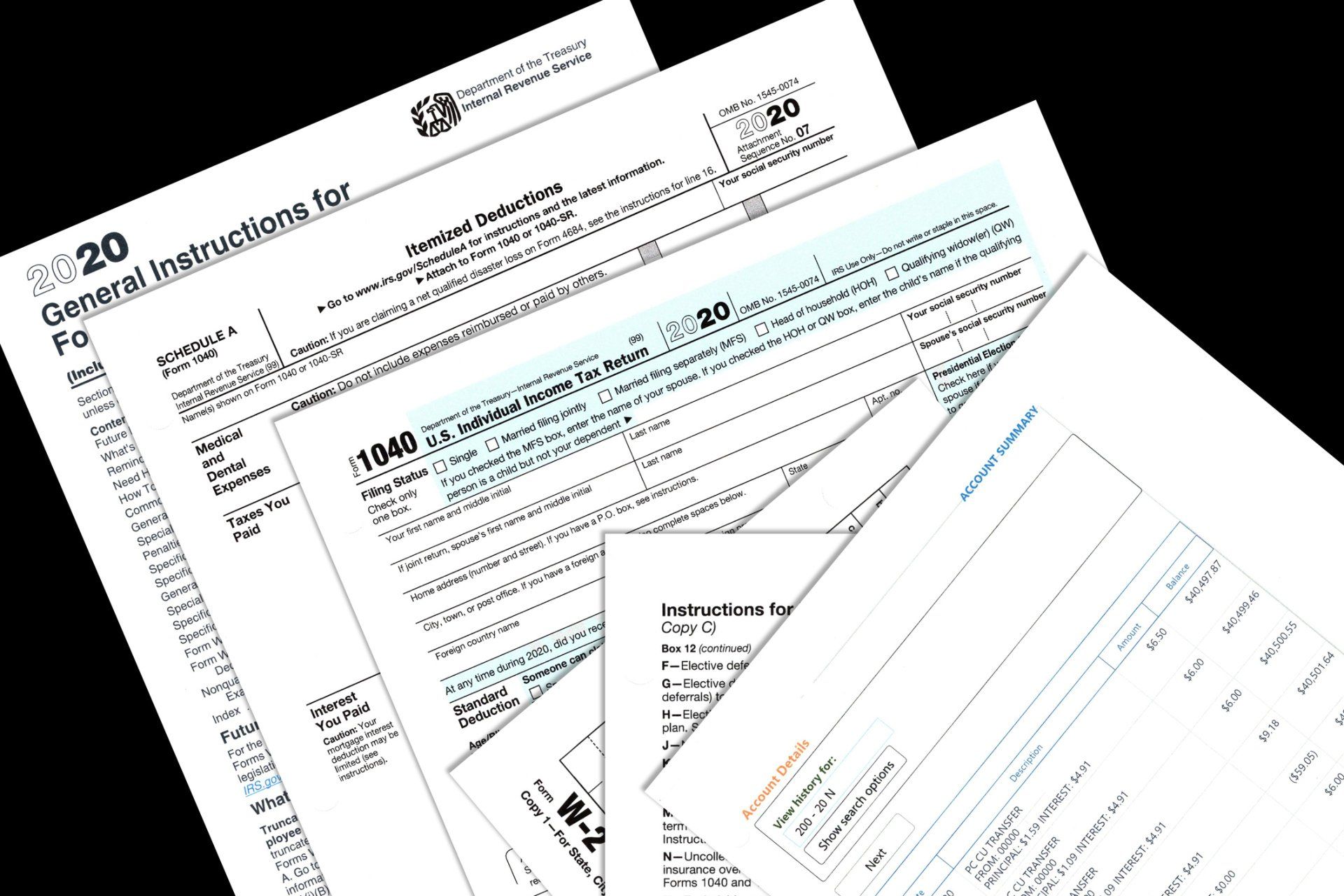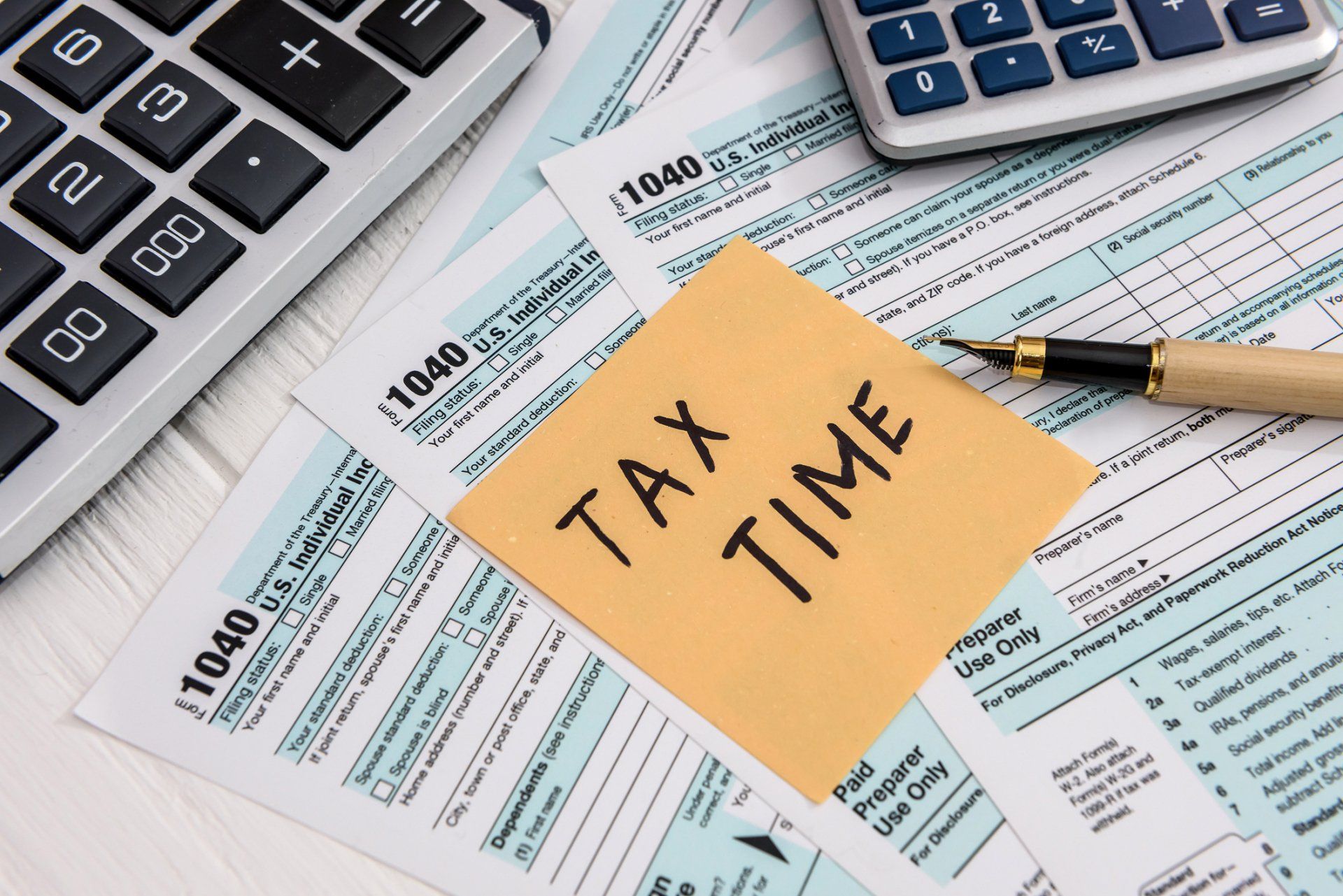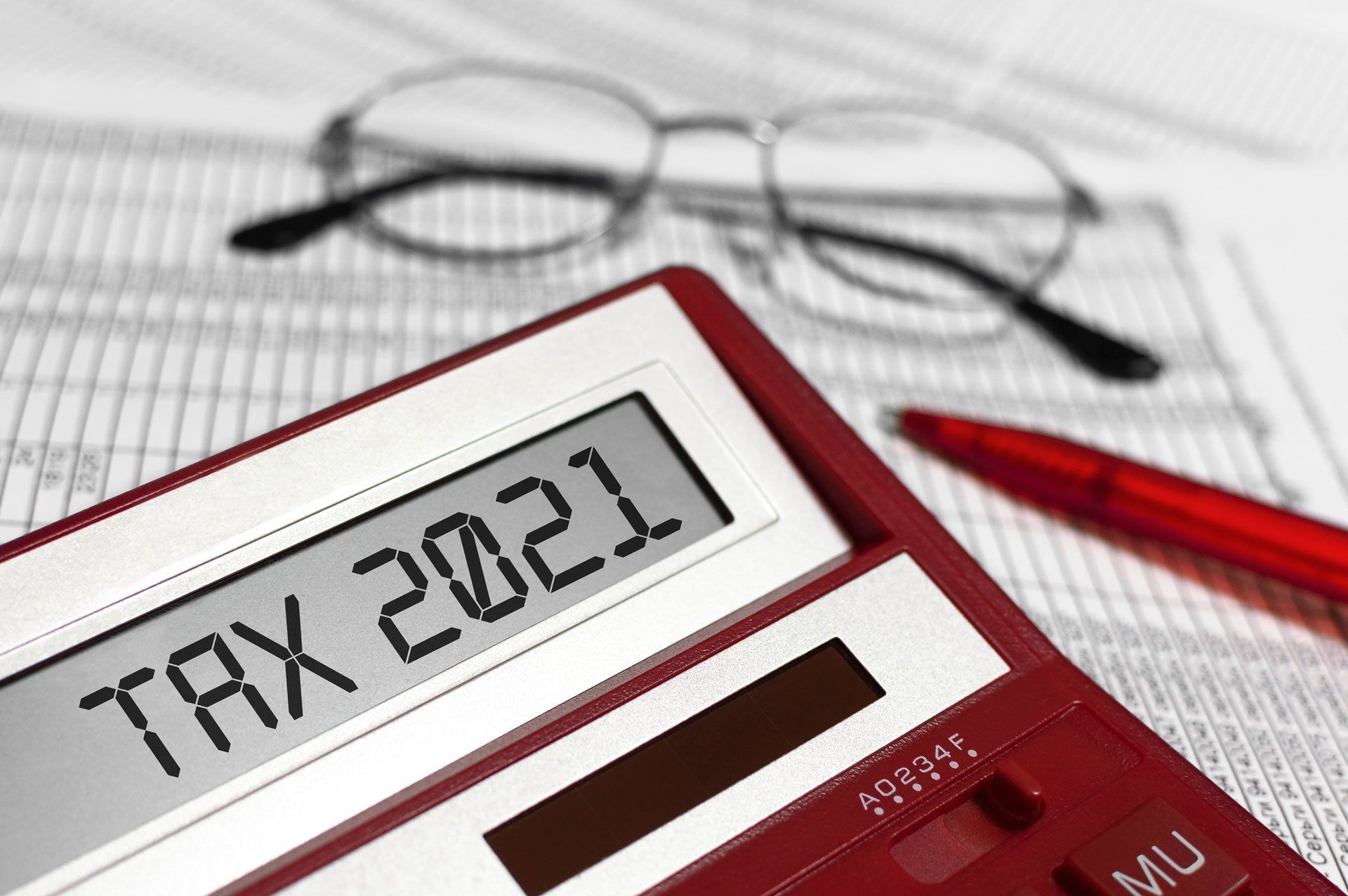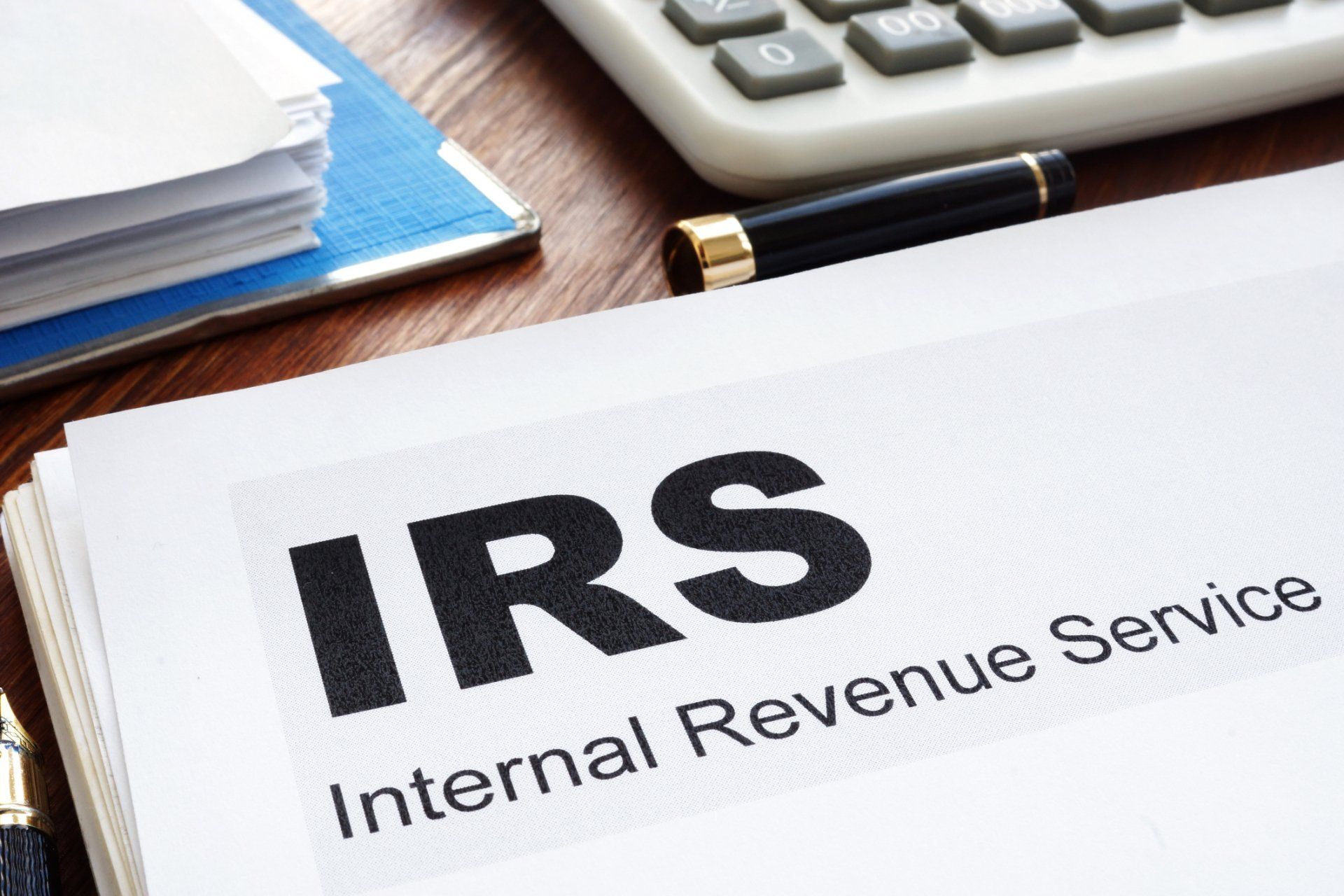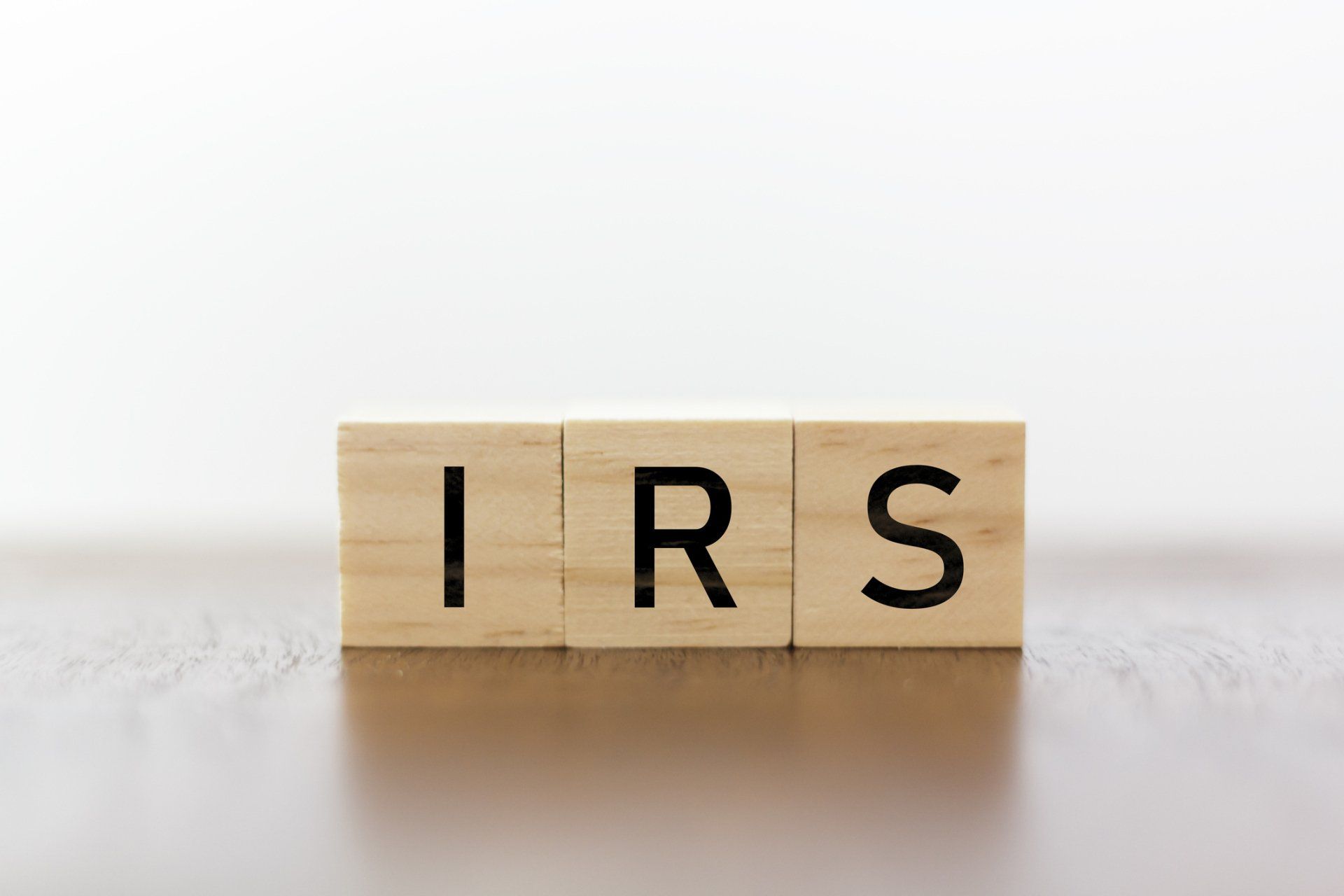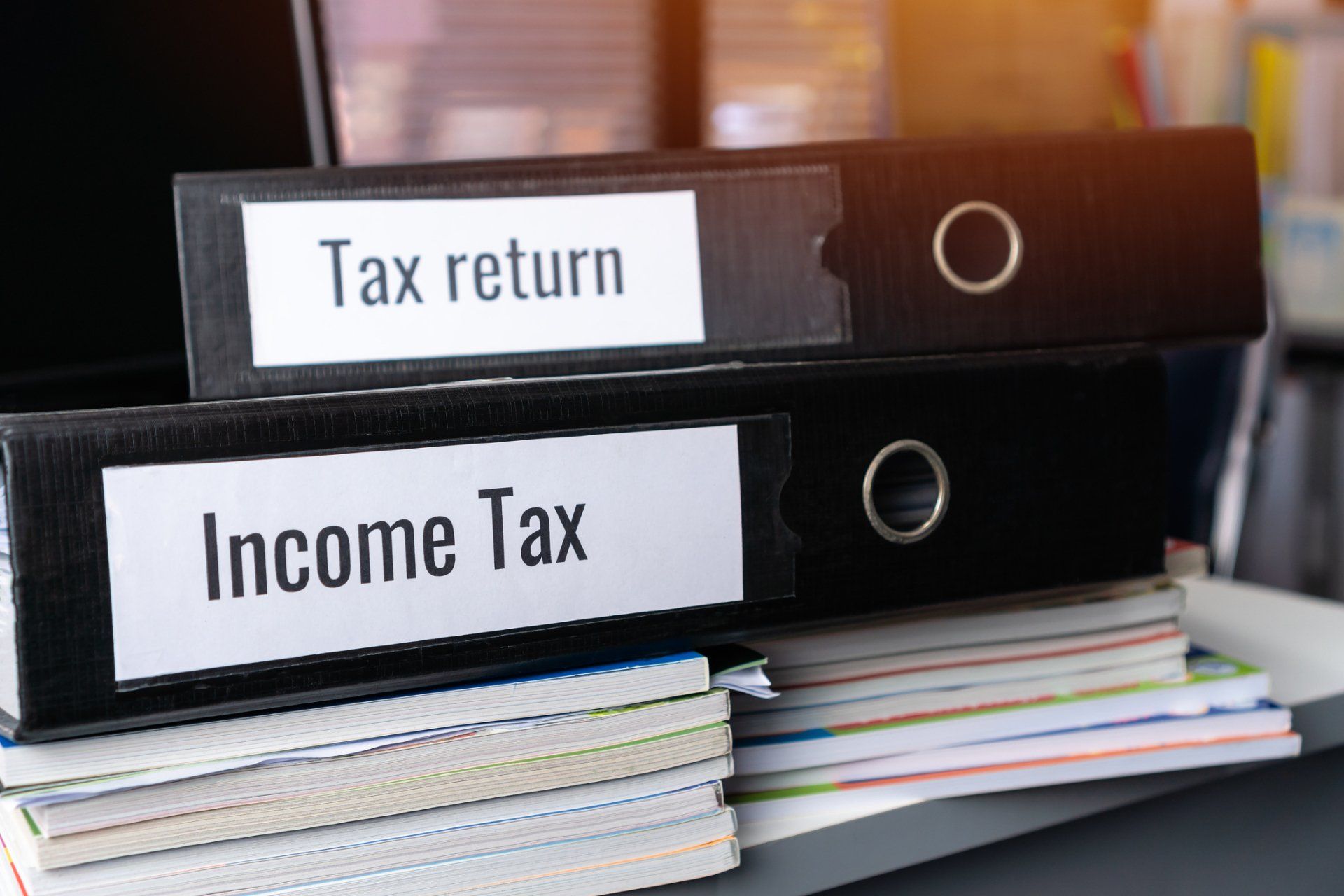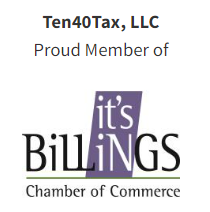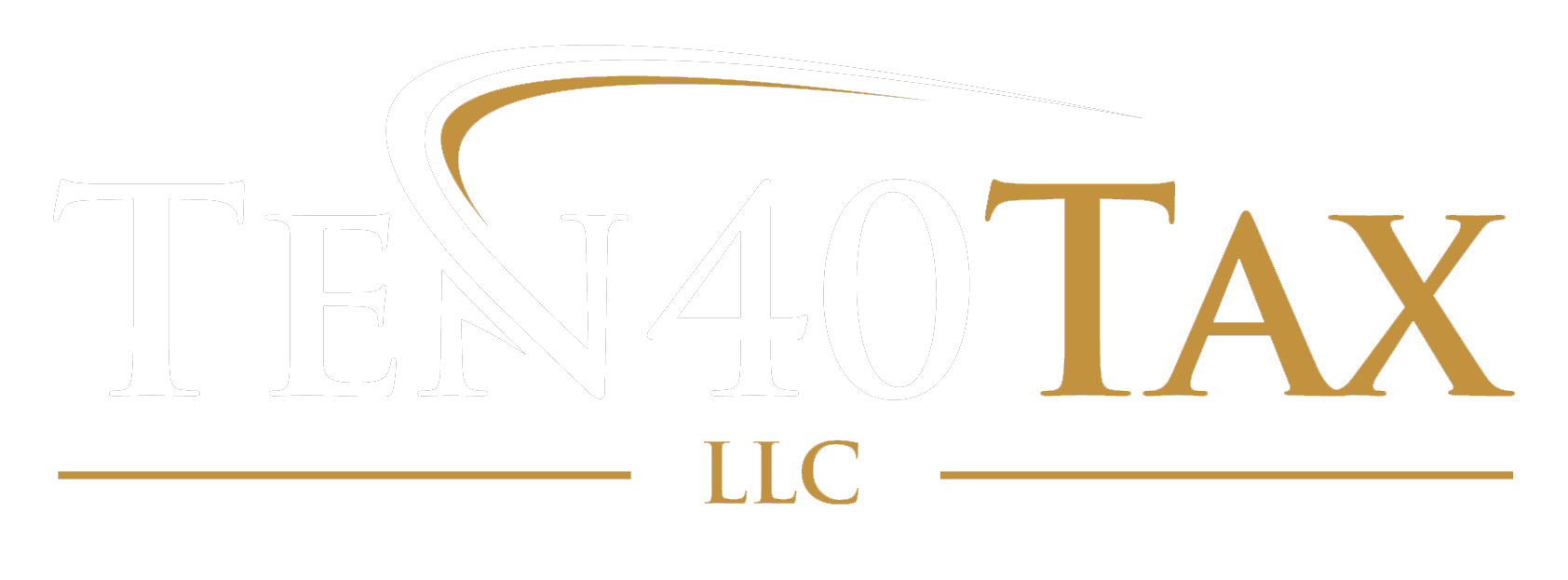By Admin
•
January 21, 2021
The Internal Revenue Service is reminding taxpayers that organizing tax records is an important first step for getting ready to prepare and file their 2020 tax return. Taxpayers should keep all necessary records, such as W-2s, 1099s, receipts, canceled checks and other documents that support an item of income, or a deduction or credit, appearing on their tax return. Taxpayers should develop a system that keeps all their important information together, which could include a software program for electronic records or a file cabinet for paper documents in labeled folders. Having records readily at hand makes preparing a tax return easier. To avoid refund delays, taxpayers should be sure to gather all year-end income documents so they can file a complete and accurate 2020 tax return. Most taxpayers will receive income documents near the end of January including: Forms W-2, Wage and Tax Statement Form 1099-MISC, Miscellaneous Income Form 1099-INT, Interest Income Form 1099-NEC, Nonemployee Compensation Form 1099-G, Certain Government Payments; like unemployment compensation or state tax refund Form 1095-A, Health Insurance Marketplace Statements Additionally, in the coming weeks, individuals with an account on IRS.gov/account will be able to view the amounts of the Economic Impact Payments they received as well as the latest information available about their federal tax account. Eligible individuals who did not receive the full amounts of both Economic Impact Payments may claim the Recovery Rebate Credit on their 2020 federal tax return. In order to claim the full amount of the Recovery Rebate Credit, taxpayers will need to know the amount of the Economic Impact Payments received.
